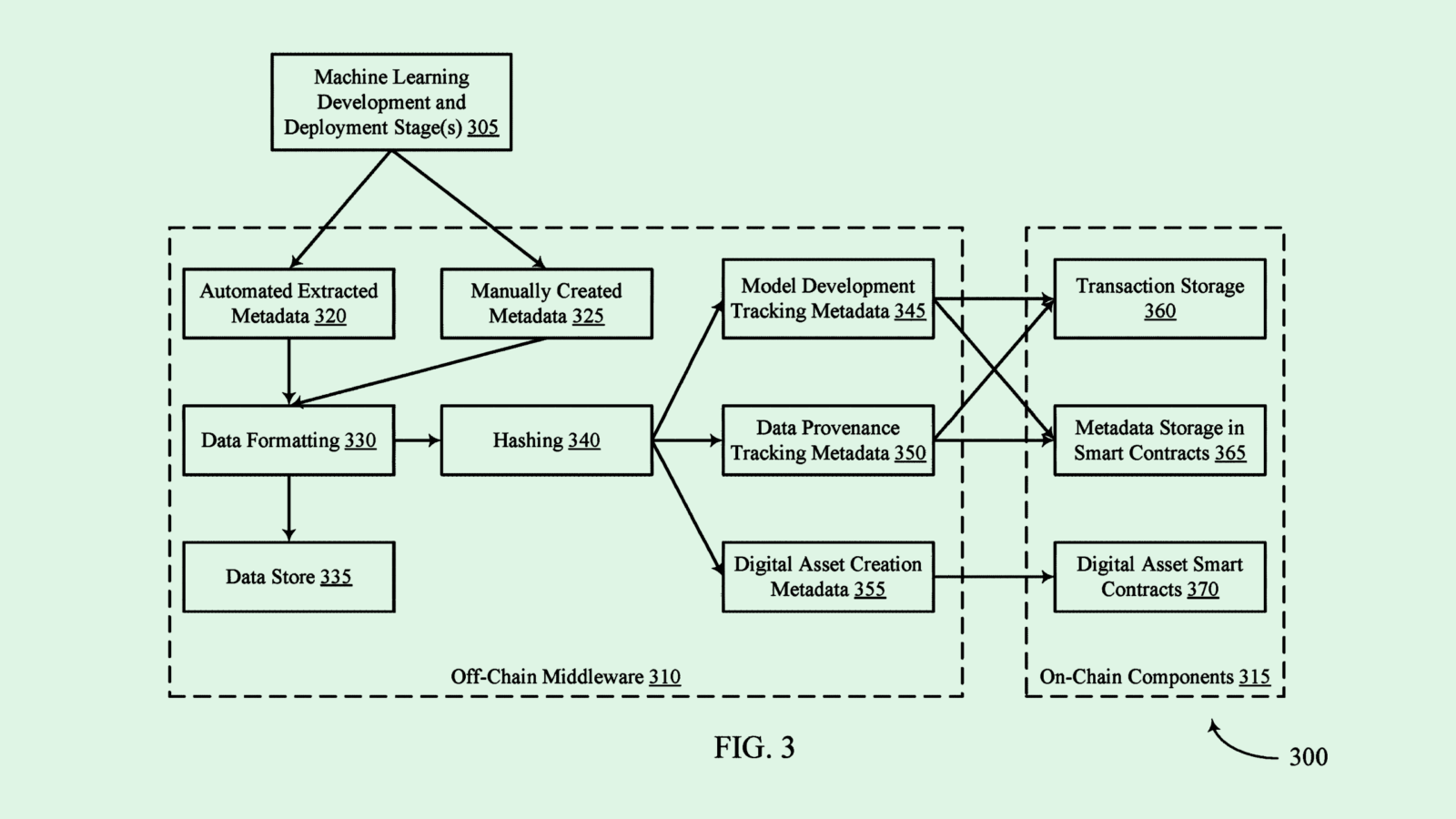
Sign up for smart news, insights, and analysis on the biggest financial stories of the day.
Ping Identity, an enterprise authentication software company, may have some value left to unlock — though it might just require a fingerprint scan, and $2.8 billion, to do so.
That’s exactly what private equity firm Thoma Bravo must’ve been thinking on Wednesday, when it announced a take-private acquisition of the Denver-based company. If approved by shareholders, the deal will bounce the company back into a game of Wall Street ping pong, placing it under the ownership of a private equity firm for the second time in about three years.
Private Security
Ping, which provides “frictionless user experiences” for identity security to enterprise clients, caught an early wave of cybersecurity hype when it IPO’d on the New York Stock Exchange in 2019. It subsequently completed the bull market two-step — with share prices peaking in February 2021, up some 87% all-time, before drifting slowly downward with the rest of the broader tech market.
The all-cash deal from Thoma Bravo comes in at $28.50 per share, a 63% premium over Ping’s Tuesday close, reflecting a deep and durable interest in security technology. With a large swath of enterprise customers and a product that’s in demand during bull and bear markets alike (cyber criminals don’t take recessions off or care if workers are logging in from the couch or the cubicle), Ping and its immediate peers have proven reliable winners for private equity:
- Ping was IPO’d in 2019 by another private equity giant, Vista, which doubled its $600 million investment in three short years. The firm retained 9.7% of outstanding shares as of Wednesday.
- In April, Thoma Bravo announced a deal to acquire SailPoint, an identity security company, in a $6.9 billion take-private bid. Furthering the merry-go-round, Thoma Bravo first invested in Sailpoint in 2014, before completing an IPO in 2017.
Big Game Hunting: Thoma Bravo has been shopping in the tech aisle all year, eyeing not just cybersecurity firms. In June, it officially completed an acquisition of SaaS financial planning tool Anaplan for $10.4 billion, also taking the company private. We’d applaud any firm announcing three big-time deals in just a handful of months, but, in this case, saying “bravo” might be more appropriate.











